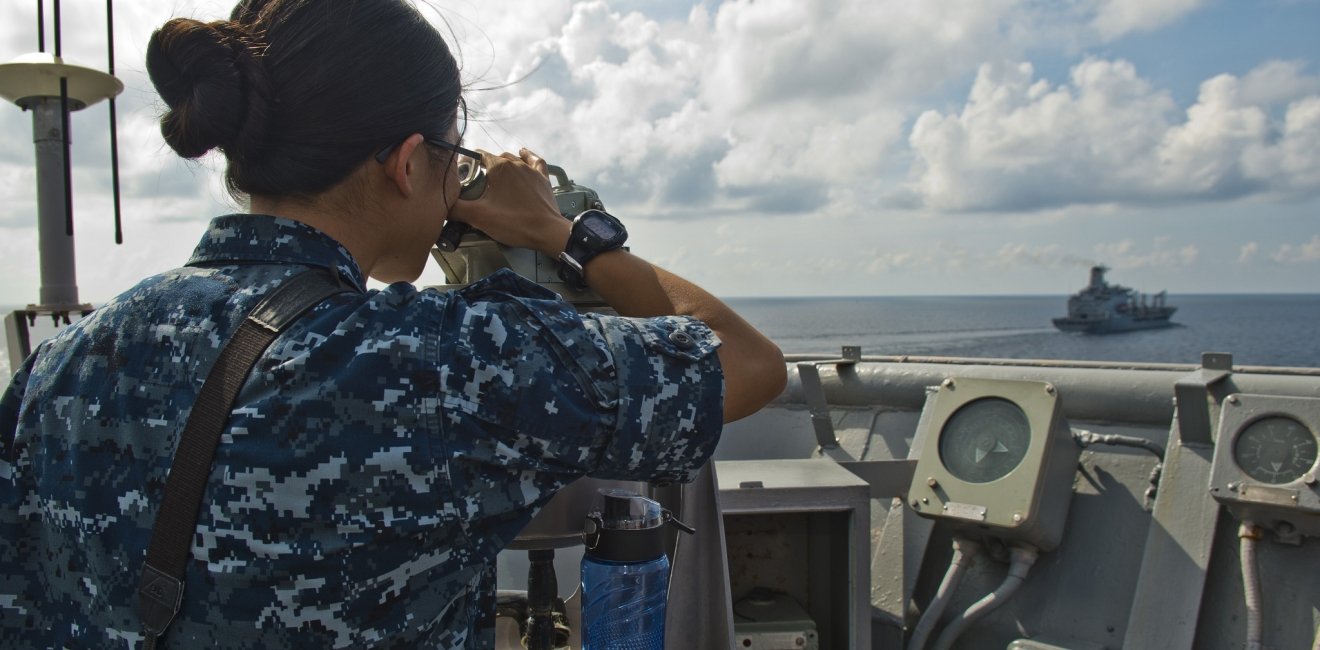This commentary was originally published in Politico Magazine
Giving China a greater security role in the Asia-Pacific
China’s drive to play a greater, and perhaps determinative role, in the security architecture of the Western Pacific is easy to understand. China depends on Western Pacific sea lines of communication for energy, natural resources, and food. Now that it has the capacity to guard these SLOCs for itself, it is not content to rely on the good offices of the United States for protection. China has benefitted from the Pax American put in place after World War II, but distrust between Beijing and Washington is so high, and China’s determination to create a zone of deference in the Western Pacific so strong, that an American-led security architecture is no longer acceptable to China.
China already has advantages of proximity and economic influence in the region. It will soon have the capacity to counter American hard power in the area in any scenario short of all-out war, and it has a stronger will to prevail, backed by a political system that allows it to put a higher percentage of national resources at the service of strategic goals than can the U.S. The U.S. can’t afford a long-term competition aimed at “winning” under these circumstances. It will have to make adjustments.
The Trump administration’s greatest challenge vis-à-vis China is to lower the PRC’s regional threat perceptions (and aggression) by giving it a greater security role in the Asia-Pacific. This must be done in a way that does not threaten America’s alliances or erode international law—a tall order, complicated by the difficulty of answering an unavoidable question: what meaningful adjustment to existing practices could be made in the Western Pacific, such that China would be placated rather than emboldened? The United States, and most of China’s neighbors, worry that no compromise will satisfy China; only regional dominance will do.
President Trump will therefore have to assure China that it recognizes its legitimate security concerns and welcomes China as a provider of global public goods, while making clear that it will counter any threats Beijing poses to liberal international orders and institutions. To counter effectively, the U.S. will have to strengthen its domestic economy and political system and improve military capabilities and trade and diplomatic relations in Asia.
Trump, in other words, is destined to rediscover the strategic rationale for Obama’s Rebalance to Asia. Upholding U.S. interests in the region depends on the Rebalance succeeding the second time around.
Author


Kissinger Institute on China and the United States
The Kissinger Institute works to ensure that China policy serves American long-term interests and is founded in understanding of historical and cultural factors in bilateral relations and in accurate assessment of the aspirations of China’s government and people. Read more

Explore More
Browse Insights & Analysis
The OSCE is a Good Value for America



